MRO Viewpoints

Celebrating HIP Week: How MRO Supports Health Information Professionals with Automated Clinical Data Exchange
Healthcare Information Professionals (HIP) Week is a time to recognize the essential role health information professionals play in ensuring the accuracy, security, and accessibility of clinical data. As we celebrate HIP Week, MRO is proud to support healthcare...
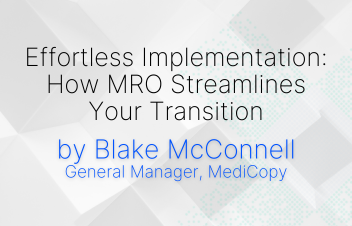
Effortless Implementation: How MRO Streamlines Your Transition
Effortless Implementation: How MRO Streamlines Your Transition Switching to a new records management solution can seem daunting, but MRO’s proven implementation process makes it simple, fast, and worry-free. Whether transitioning from a legacy system, an in-house...

Leveraging AI at MRO
Technology Adoption Lessons from the Past If you were part of the Cloud boom in the early 2000s, you saw massive changes in digital technology. Services like Amazon Web Services, Microsoft Azure, and Google Cloud revolutionized the tech world. Today, many of us cannot...
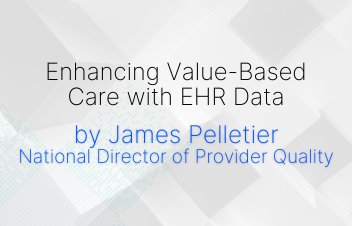
Enhancing Value-Based Care with EHR Data
Imagine a healthcare organization committed to improving patient outcomes while controlling costs. They have the right intentions, yet gaps in care coordination lead to preventable hospital readmissions, and they struggle to meet the quality benchmarks required for...

HEDIS Preparation Guide: 3 Essential Steps
HEDIS (Healthcare Effectiveness Data and Information Set) is a critical quality measurement tool used to assess healthcare performance across various domains. For healthcare organizations, the HEDIS season, which typically spans February to May, requires a proactive...
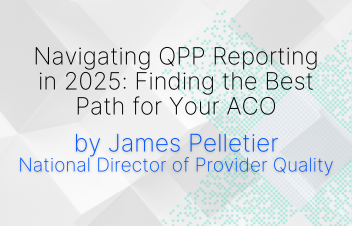
Navigating QPP Reporting in 2025: Finding the Best Path for Your ACO
Mandatory Alternative Payment Model Performance Pathway (APP) reporting begins this year, bringing significant changes for Accountable Care Organizations (ACOs). As we move into this new reporting era, the question isn’t whether to act but how to act effectively....
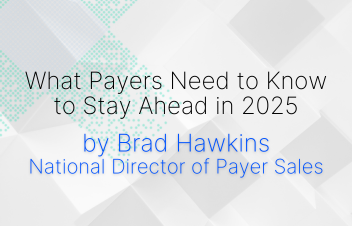
What Payers Need to Know to Stay Ahead in 2025
2025 has arrived and with it brings new challenges and potential opportunities to the healthcare landscape. Payers face increasing regulatory demands, heightened expectations for interoperability, a renewed focus on payment integrity, and rising pressure to address...

Why Investing in Internal Auditing Tools is Key to Reducing Coding Risks and Financial Losses
As the healthcare industry faces increased scrutiny, especially in medical coding accuracy and regulatory compliance, recent surveys reveal that many professionals are concerned with issues like upcoding, audit discrepancies, and the integration of artificial...
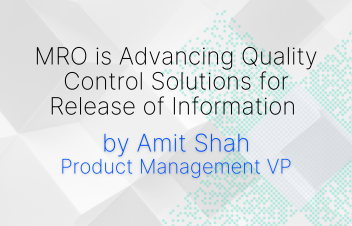
MRO is Advancing Quality Control Solutions for Release of Information
At MRO, we are continuously improving quality control standards by introducing additional safeguards for sensitive information. These additional safeguards allow us to flag sensitive information during the quality control process, helping your organization meet...
Resources Filter:
